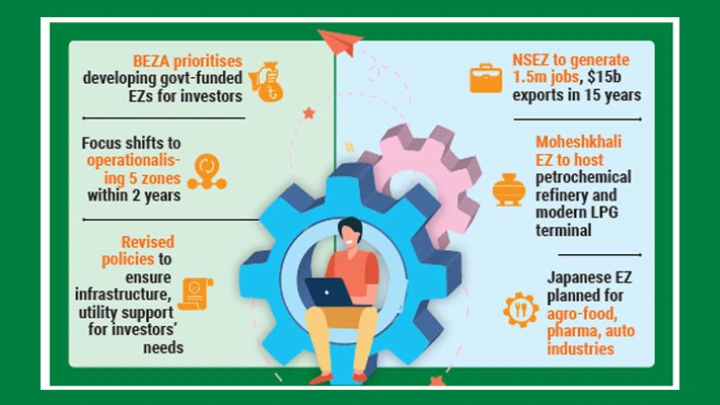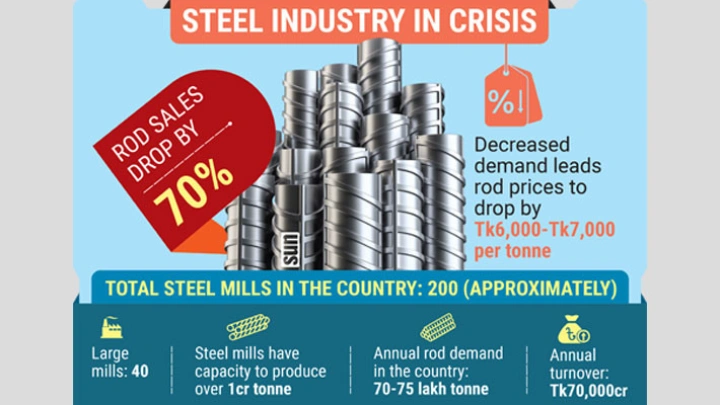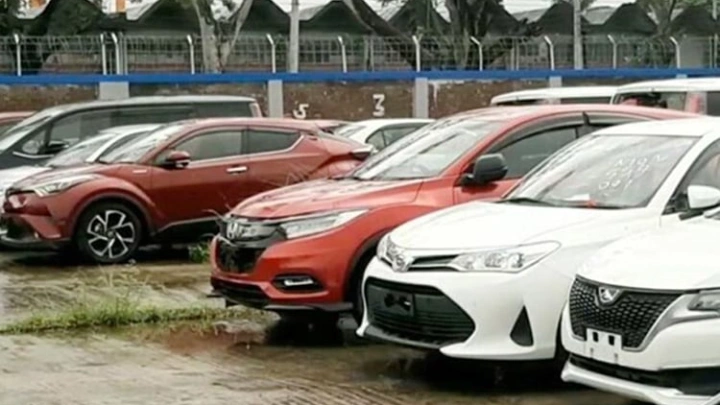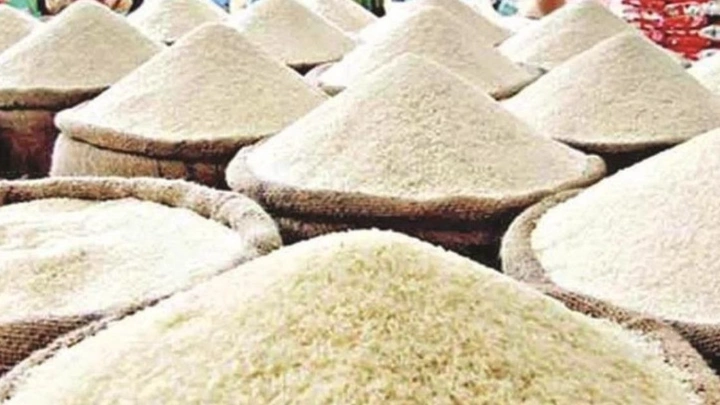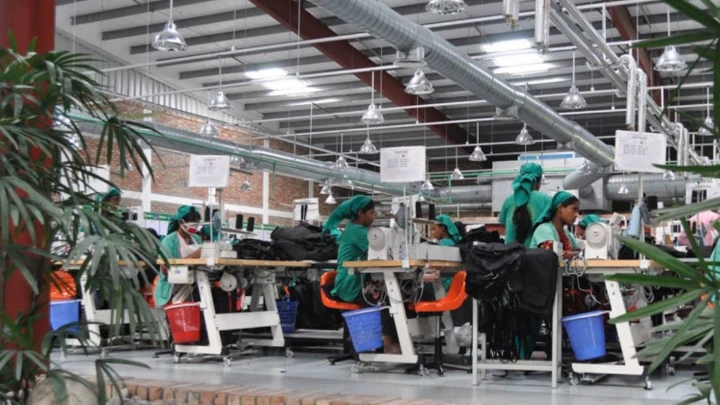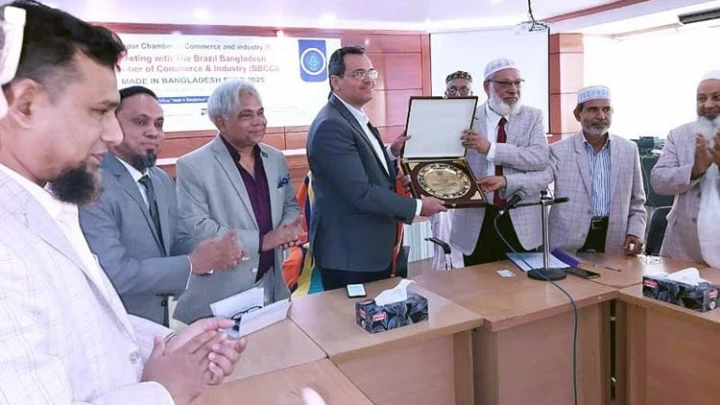BEZA abandons 100-EZ plan, focuses on strategic priorities
DailySun || Shining BD
The Bangladesh Economic Zones Authority (BEZA) is taking a new approach to attract foreign and local investors by prioritising the development of government-funded and government-to-government (G2G) economic zones.
It is revising its policies to ensure these zones are equipped with the necessary infrastructure and utilities to meet investor needs, according to official sources.
As part of its new strategy, BEZA has decided to put on hold its ambitious plan to establish 100 economic zones. Instead, it will focus on operationalising a select number of zones from a priority list.
This shift aims to streamline development efforts and build investor confidence by delivering fully functional zones within a shorter time frame.
BEZA is targeting the completion of five government-funded economic zones within the next two years.
These include the National Special Economic Zone (NSEZ) comprising the Mirsarai and Feni zones, the Jamalpur Economic Zone, the Sreehatta Economic Zone in Sylhet, the Moheshkhali Economic Zone at Dhalghata, the Sabrang Tourism Park, and the Japanese Economic Zone at Araihazar.
The authority is finalising a revised policy to facilitate this plan, which will include significant changes to its development and operational approach.
In addition, BEZA is working to include itself in the Annual Development Programme (ADP) to ensure smoother implementation of its projects.
“We have decided to revise our policies, especially focusing on the establishment of government-funded economic zones, to maintain investor confidence,” a senior BEZA official told the Daily Sun.
“Initially, we will fully operationalise government-funded and G2G economic zones with all necessary facilities. Our focus will be on ensuring utilities such as electricity, gas, and infrastructure for five to ten economic zones that can be implemented quickly. A timeline for infrastructure development in these zones will also be provided,” the official added.
“We are working diligently to ensure utility connections in line with investor demands, particularly in government economic zones. This is why we are emphasising phase-wise planning and maintaining regular dialogue with investors to collectively advance our projects,” he further stated.
The official highlighted the need for policy reforms to boost investor confidence, adding, “Investors typically seek a stable political and economic environment. We are also working to facilitate faster and more transparent licensing processes, tax incentives, and government approvals.”
He also emphasised the importance of securing government funds or support from other agencies to develop the economic zones’ infrastructure, stating, “Including BEZA in the regular development budget will make development work easier.”
Recently, BEZA’s Executive Chairman Ashiq Chowdhury remarked that the target of establishing 100 special economic zones was no longer viable, and the focus would now shift to ensuring utilities and infrastructure for a smaller number of zones that can be implemented quickly.
OVERVIEW OF PRIORITY ZONES
National Special Economic Zone (NSEZ – Mirsarai and Feni)
BEZA has developed a planned industrial city on 33,805 acres of land adjoining the Mirsarai and Feni zones.
This industrial enclave is expected to create 1.5 million jobs and generate $15 billion in exports within the next 15 years. Currently, 11 companies are producing goods in the NSEZ.
Sreehatta Economic Zone (Sylhet)
The Sreehatta Economic Zone aims to decentralise industries and create approximately 44,000 jobs in the Sylhet division.
Gas pipeline construction by Jalalabad Gas Distribution Company Limited and a 33/11 KVA power substation by BREB are underway. Two companies have already started production in this zone.
Jamalpur Economic Zone
Located in the northern region, the Jamalpur Economic Zone leverages agricultural potential, providing 245 acres of land to investors and expecting to create around 100,000 direct and indirect jobs over the next 15 years.
Moheshkhali Economic Zone (Dhalghata)
BEZA has allocated 510 acres to SPL Petrochemical Complex Ltd. and South Korea’s SK Gas. The joint venture will establish a petrochemical refinery, warehouses, and a large LPG terminal. A modern jetty will support the loading and unloading of materials.
Japanese Economic Zone (Araihazar)
Land acquisition is underway for a dedicated economic zone for Japanese investors. Agreements have been signed with eight companies planning to set up industries in agro-food, light engineering, chemicals, automobiles, garments, and pharmaceuticals, creating employment for 100,000 people.
Sabrang Tourism Park
This park will host hotel complexes, eco-tourism, recreational facilities, business tourism, sports, and education-related tourism initiatives.
Challenges and progress
In 2010, the government announced plans to establish 100 economic zones. However, progress has been slow, with only 10% of the target achieved after nearly 15 years. Investors, both domestic and foreign, have expressed frustration over delayed utility connections despite initial commitments. Of the operational economic zones, eight are privately run, including City Economic Zone, Meghna Economic Zone, and Abdul Monem Economic Zone, among others.
Shining BD

